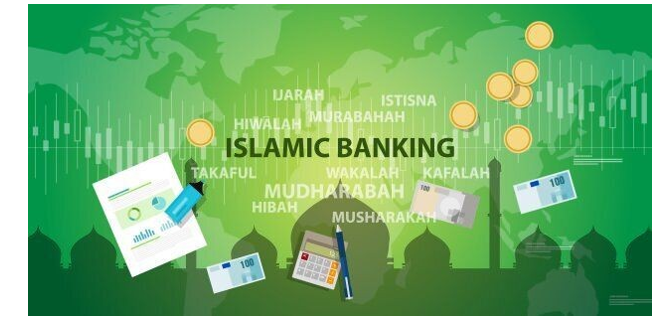INP-WealthPk
Qudsia Bano

Experts have lauded the positive growth of Islamic banking as it experienced a surge in both deposits and investments. This surge has come notwithstanding an economic headwind, where conventional banking continues to dominate, showcasing the potential for Islamic finance to carve out a substantial foothold in the country's economy. The Islamic banking sector in Pakistan has long been considered a nascent player compared to its conventional counterpart. However, recent trends indicate a notable shift in momentum, with Islamic banks witnessing a surge in deposits over the past few years. According to data from the State Bank of Pakistan (SBP), Islamic banks raised a staggering Rs500.5 billion, surpassing the targeted Rs360 billion, reflecting a robust investor appetite for Shariah-compliant financial instruments. Talking to WealthPK, Muhammad Ibrahim, an Islamic banking professional at Meezan Bank, said, “One of the driving factors behind this surge in deposits is the strategic shift by Islamic banks towards offering competitive returns while maintaining adherence to Shariah principles.
Unlike conventional banks, Islamic banks enjoy the advantage of flexibility in setting deposit rates, allowing them to attract funds with potentially lower remuneration to customers. This advantage has not only bolstered their deposit base but also positioned them as formidable players in the financial landscape.” “Furthermore, the surge in deposits has been accompanied by a significant uptick in investments by Islamic banks. Data reveals that investments have tripled over the last five years, signaling a proactive approach towards capital deployment. This increase in investments is particularly noteworthy as it outpaces the growth in financing activities, underscoring the sector's commitment to diversification and expansion,” said Ibrahim. “The growing prominence of Islamic banking is further highlighted by the expansion of branch networks across the country. Between 2019 and 2023, Islamic banks accounted for the majority of new branches, indicating a strategic focus on extending their reach and accessibility.
This expansion not only facilitates greater financial inclusion but also reinforces the sector's position as a viable alternative to conventional banking,” said Moeez Bhatti, fund manager at Askari Bank. He said that while the surge in deposits and investments was undoubtedly a positive sign for Islamic banking in Pakistan, there was a dire need for prudent management and continued innovation to sustain this growth momentum. With the government's plans to transition towards a fully Shariah-compliant financial system by 2027, Islamic banks are poised to play an even more significant role in the country's economic landscape. In light of these developments, Moeez anticipated continued upward trends for Islamic banking in Pakistan, driven by factors such as favourable regulatory environment, growing consumer awareness and increasing demand for Shariah-compliant financial products. He said that as the sector continues to evolve and expand its footprint, it presents promising opportunities for investors, businesses and the broader economy alike.
Credit: INP-WealthPk













